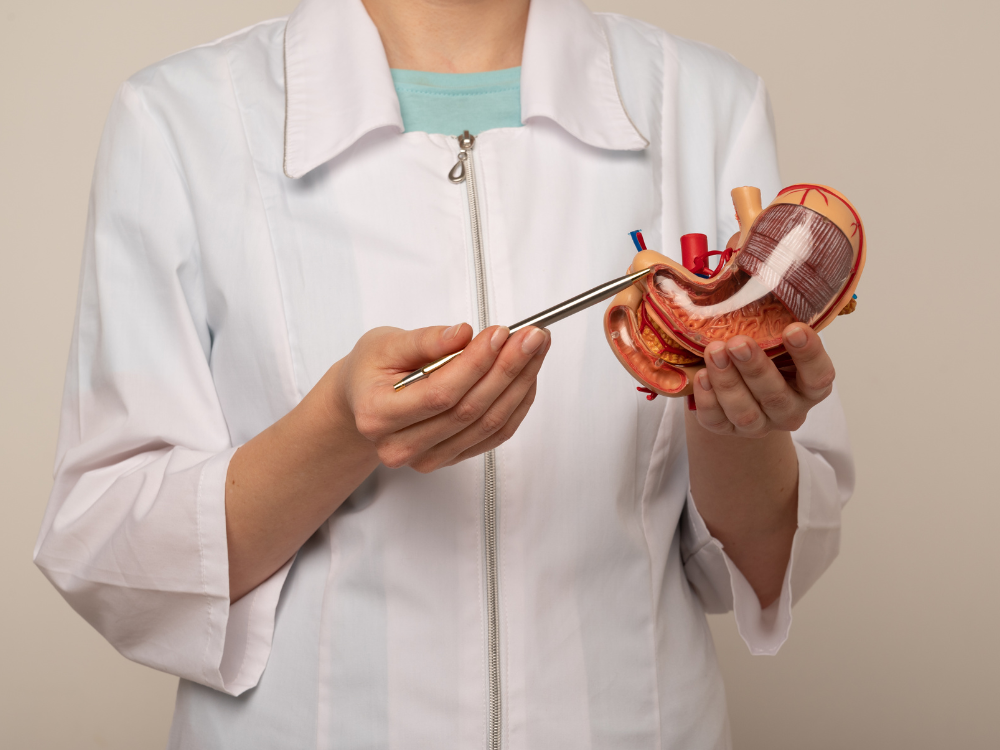What is Endometriosis?
Endometriosis is a chronic disease characterized by abnormal lesions, cysts, or nodules, on organs throughout the body.

What is Endometriosis?
Endometriosis is a chronic disease characterized by abnormal lesions, cysts, or nodules, on organs and structures throughout the body.
These abnormal, inflammatory growths can cause pain, adhesions, fibrosis, scar tissue, and organ dysfunction.
It can range from being superficial to deeply infiltrating.
So what are the symptoms?
Endometriosis is often found in the pelvic area (e.g., ovaries, uterus, pelvic muscles and ligaments, etc.), but also is found on the lining of the abdominal wall, bowel, bladder, diaphragm, lung, nerves, and more.
The symptoms can vary from mild to severely debilitating. Some people with endometriosis do not perceive any symptoms at all.
The list of endometriosis symptoms is extensive and includes, but is not limited to:
- chronic pelvic pain
- infertility
- pain with intercourse (deep or superficial)
- abnormal bleeding
- fatigue
- bloating
- pain with bowel movements
- pain with urination
- painful periods
- leg pain
- difficulty breathing
- and many more.
How do I know I have endometriosis?
Surgery done by an expert endometriosis specialist is the only definitive way to diagnose endometriosis.
Imaging can sometimes pick up findings consistent with endometriosis but negative imaging results cannot rule out endometriosis.
Is there a cure for endometriosis?
There is no cure for endometriosis.
However, early diagnosis, proper excision of the endometriosis by an expert endometriosis excision specialist, and multidisciplinary care can reduce the risk of experiencing the array of complications associated with endometriosis.
There’s a lot of misinformation out there. If you’ve been told there’s a cure, that’s a lie. Here are some common myths to be aware of:
- removing the uterus
- removing the ovaries
- birth control
- "endo” diets
- GnRH agonists
- pregnancy
- stopping your periods
- menopause
- alternative medicine treatments
It takes an average of 10 years and being seen by 7-10 doctors to obtain an endometriosis diagnosis.
This delay in care and diagnosis is even longer for marginalized groups including Black, Latinx, LGBTQIA+ people, and those with disabilities due to implicit and explicit bias and reduced quality and access to care (including access to expert endometriosis specialists).
Pain is the number one indicator that something is not right.
If you think you may have endometriosis, it is important to see an endometriosis specialist.
If you are a minor, talk to your parent or guardian about your symptoms and about seeing an endometriosis specialist.
Related Posts
.png)
September Newsletter - Risk, Resilience & Reproductive Health
.png)
.svg)

.png)

.svg)